CASE REPORT
Published on 09 Jul 2024
Treatment of rosacea with upadacitinib and abrocitinib: case report and review of evidence for Janus kinase inhibition in rosacea
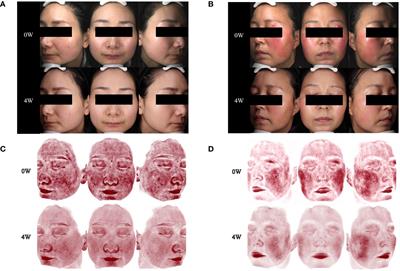
doi 10.3389/fimmu.2024.1416004
- 1,879 views
- 1 citation
7,885
Total downloads
23k
Total views and downloads
You will be redirected to our submission process.
CASE REPORT
Published on 09 Jul 2024

CASE REPORT
Published on 02 Jul 2024
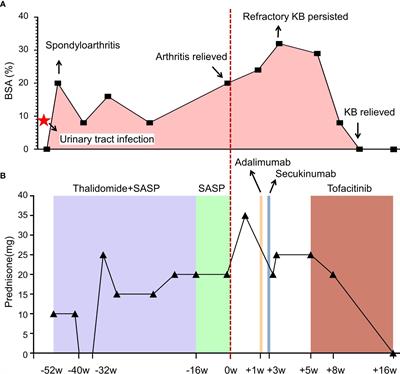
SYSTEMATIC REVIEW
Published on 21 Mar 2024
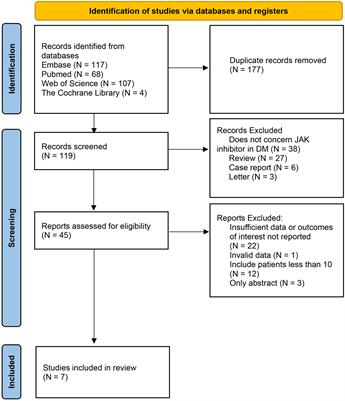
SYSTEMATIC REVIEW
Published on 23 Feb 2024
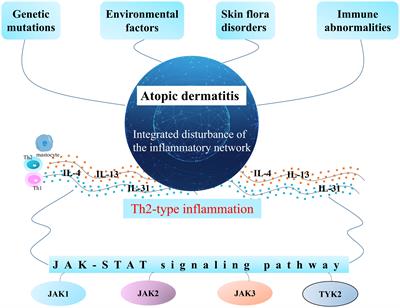
REVIEW
Published on 26 Oct 2023

ORIGINAL RESEARCH
Published on 31 Aug 2023
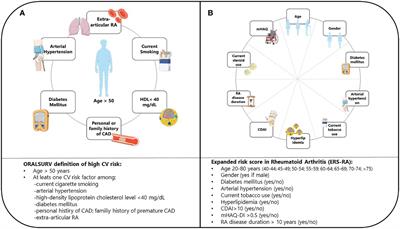
CASE REPORT
Published on 05 Jun 2023

